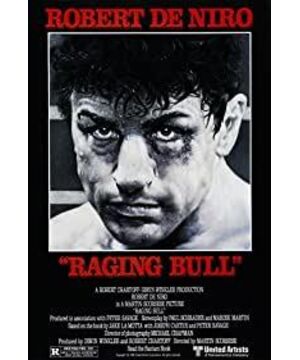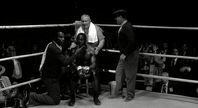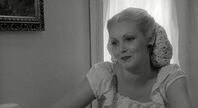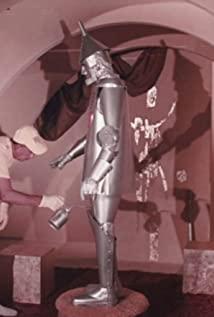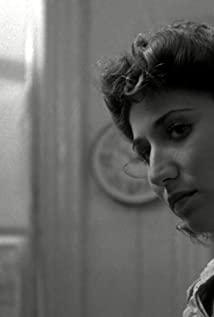Perhaps it was to create a biographical effect, so director Martin chose black and white film. When the world loses its color, it can better show the heart of the character. Just like the shot of the protagonist hiding in the dark in the prison, it allows the audience to clearly read the despair of the protagonist, and it also symbolizes the end of the first game of his life.
The lines, expressions, and body movements of the characters in the film all convey their inner emotions, especially anger-the protagonist’s anger, the audience’s anger, the HB’s anger... This restless mood has been floating in most of the film.
These expressions are a bit like Antonioni's inner realism. But Martin pays more attention to the shaping of characters, and Antonioni's characters are more like the epitome of society.
The original intention of the protagonist to participate in the competition was to pursue glory, and this belief has not changed since then. So he won't fall down even if he fights a fake match, and he won't sell the championship belt even if he lacks money. However, as his status increased, he was blinded by fame and fortune, was held hostage by HB, ignored family and love, hurt the people around him, and lost everything he had won with both fists. His wife was beaten before and never left him. He chose to divorce after he ended his professional career indulging in sensuality because he had lost his faith. In the end, the protagonist reconciled with his younger brother and was forgiven by him. He reflected on himself in front of the mirror and completed his own salvation. Then he opened the door to the stage and started the second game of his life. As the Bible says, although he was blinded by fame and fortune, he still had the option to face the light again.
View more about Raging Bull reviews


